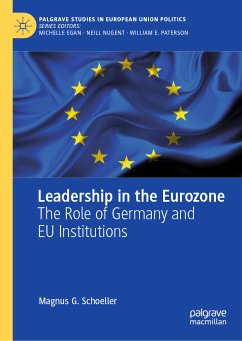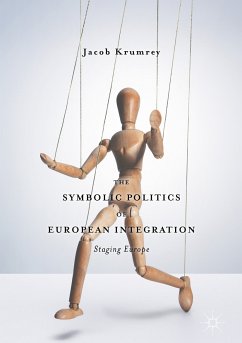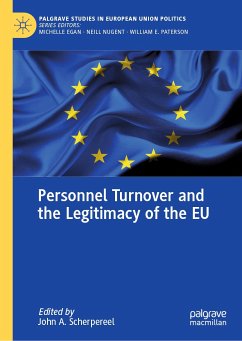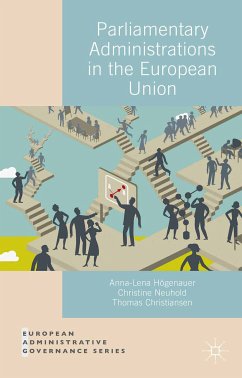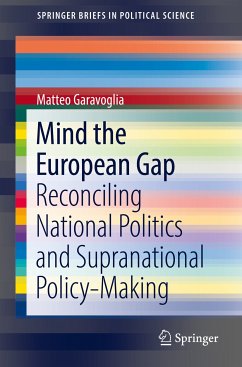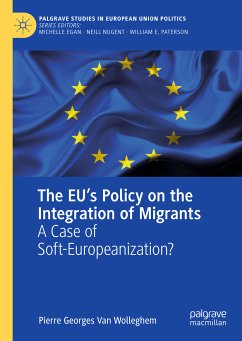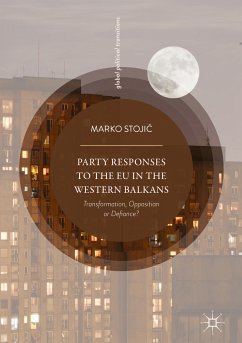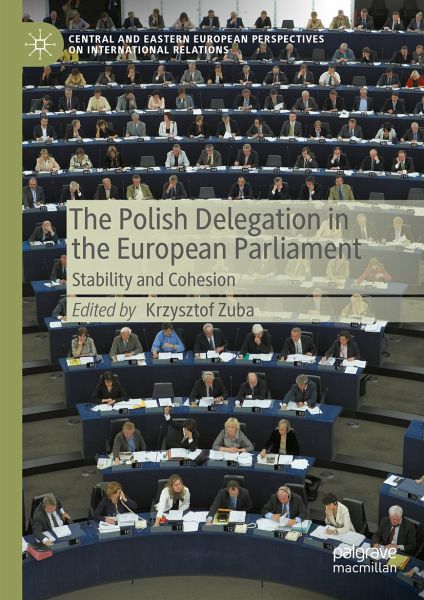
The Polish Delegation in the European Parliament (eBook, PDF)
Stability and Cohesion
Redaktion: Zuba, Krzysztof
Versandkostenfrei!
Sofort per Download lieferbar
104,95 €
inkl. MwSt.
Weitere Ausgaben:

PAYBACK Punkte
52 °P sammeln!
Based on the example of the Polish delegation to the European Parliament, the book examines the factors influencing the cohesion and stability of EP national delegations. It takes into account the impact of institutional arrangements such as the electoral law and the candidate selection process, the ideological and programmatic profiles of political parties, the career paths of MEPs, affiliation to political groups in the EP, group switching, as well as the significance of Euroscepticism and national divisions transferred to the European level. It is not a typical case study, as the regulariti...
Based on the example of the Polish delegation to the European Parliament, the book examines the factors influencing the cohesion and stability of EP national delegations. It takes into account the impact of institutional arrangements such as the electoral law and the candidate selection process, the ideological and programmatic profiles of political parties, the career paths of MEPs, affiliation to political groups in the EP, group switching, as well as the significance of Euroscepticism and national divisions transferred to the European level. It is not a typical case study, as the regularities discovered through the in-depth analysis of the Polish national delegation are compared with those characteristic of other national delegations in the EP. The book fills a gap in studies devoted to the EP, in which the importance of national delegations has not so far been the subject of thorough analyses.
Dieser Download kann aus rechtlichen Gründen nur mit Rechnungsadresse in A, B, BG, CY, CZ, D, DK, EW, E, FIN, F, GR, HR, H, IRL, I, LT, L, LR, M, NL, PL, P, R, S, SLO, SK ausgeliefert werden.



